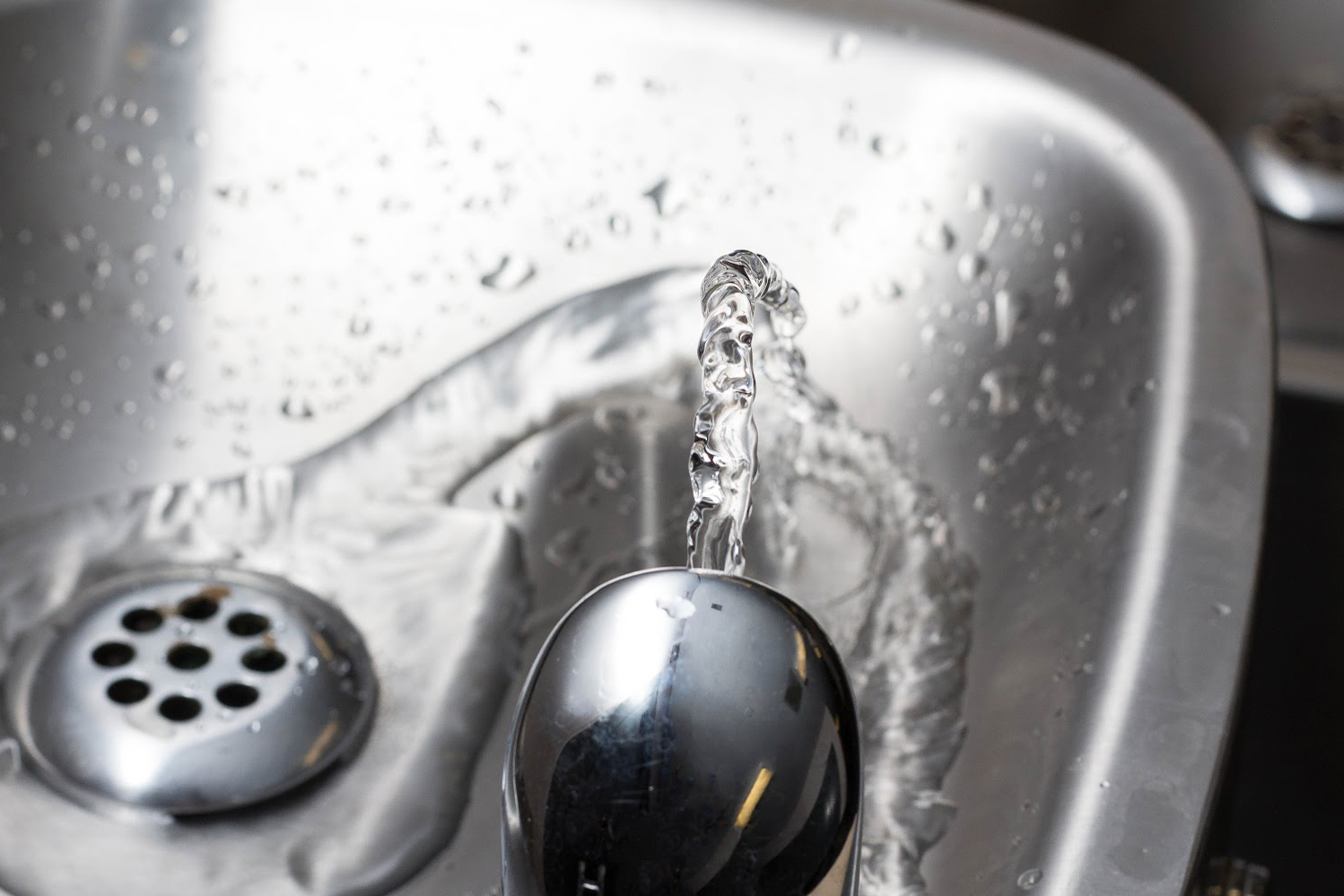A recent press release from the Associated Students of Portland State University indicated unsafe levels of lead in Cramer Hall drinking water. The university has confirmed that drinking water in the building is safe to consume, but ASPSU is pushing for further investigation.
The press release, titled “Unsafe Levels of Lead, Iron, and Manganese in Drinking Water at PSU Warrant Further Investigation,” was sent out to ASPSU’s 229 Twitter followers. It stated that PSU alum Emma Prichard and the Department of Environmental Health and Safety detected levels of lead as high as 96 parts per billion—6.4 times higher than the EPA’s standard of 15 ppb—in Cramer Hall. It also called for the university to come together to discuss plans for addressing water safety at a Senate meeting on Feb. 17.
Despite the language of the press release, both Prichard and EHS Director Heather Randol stated the water is currently safe to drink.
“The water is safe to drink throughout the building, except for a few isolated fixtures that have been posted with signs advising against drinking,” Randol said. “All drinking water fountains and hydration stations in the public corridors provide water that is safe to drink. Building occupants have been notified of the results of our sampling.”
Prichard has declined several opportunities from the Vanguard to speak on the contents of the press release, as well as its implications on water safety. Prichard did state there is “more to the story” in an email. She declined to elaborate on this claim, stating all information will be revealed at the ASPSU Senate meeting on Feb. 17. She invited the Vanguard to interview her after the meeting.
The Vanguard is uncertain what the elaborated story will be, but reminds readers that all parties have confirmed that PSU’s drinking water is safe to consume.
The water’s safety was confirmed by Scott Gallagher, Director of Communications at PSU.
“One of our students was testing water on campus as part of her thesis project and she had some concerns about water quality in Cramer Hall,” Gallagher said in an email. “We tested the water in the building and discovered elevated lead levels in five locations, one drinking fountain and four sinks, and installed filters or signage that the water was not potable. We believe this is limited to those few locations in Cramer Hall but we will continue to check the water quality in other buildings on campus in an abundance of caution.”
Randol said Prichard brought these concerns to the EHS in June of 2015. After sampling water throughout Cramer Hall between July and October, all but one fountain and hydration station in the building had results that were safely below the EPA standard of 15 ppb. The problematic spot, which tested slightly above 15 ppb, was temporarily closed. EHS worked with PSU’s Facilities and Property Management to address this issue by installing a lead filter. Randol said after the filter was installed, lead levels tested at 2 ppb and the station was reopened.
Several departmental sinks tested with lead levels over 15 ppb, but the EHS posted signs warning not to drink the water and is continuing to work with FPM to determine the source of lead.
“The isolated results above 15 ppb indicate that this is not an issue with building wide piping,” Randol said. “It is possible that certain reports that were conducted or fixtures that were installed since the building’s construction contained lead, which was allowed at that time. It is difficult to pinpoint these sources in a large and complex building such as Cramer Hall, and so a few sinks continue to be posted with signs advising against drinking where the lead sources could not be identified and repaired.”
The press release also said the university is in violation of The Safe Drinking Water Act and the Oregon Drinking Water Act. But Randol said these acts apply to municipal utilities such as the Portland Water Bureau, not the university.
“Customers served by these utilities, such as PSU and all of the businesses and residences in Portland, are not regulated by these Acts, and thus cannot be in violation of them,” Randol said. “Nonetheless, we have taken many steps to confirm that the drinking water in Cramer Hall is safe to drink.”
For further Vanguard coverage of water safety at PSU, visit psuvanguard.com.
The ASPSU Senate meeting concerning water quality will take place on Feb. 17 at 5:30 p.m. in the Smith Memorial Student Union, room 296/8.








Has the water in Smith Memorial Student Union been tested? I have seen it come out as yellow or yellowish brown in Smith on a number of occasions as well.